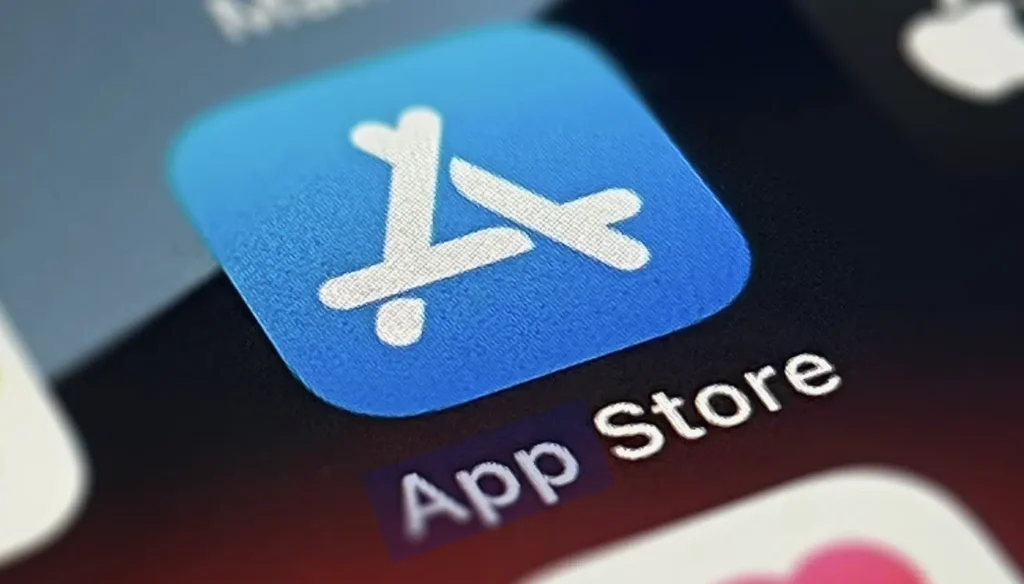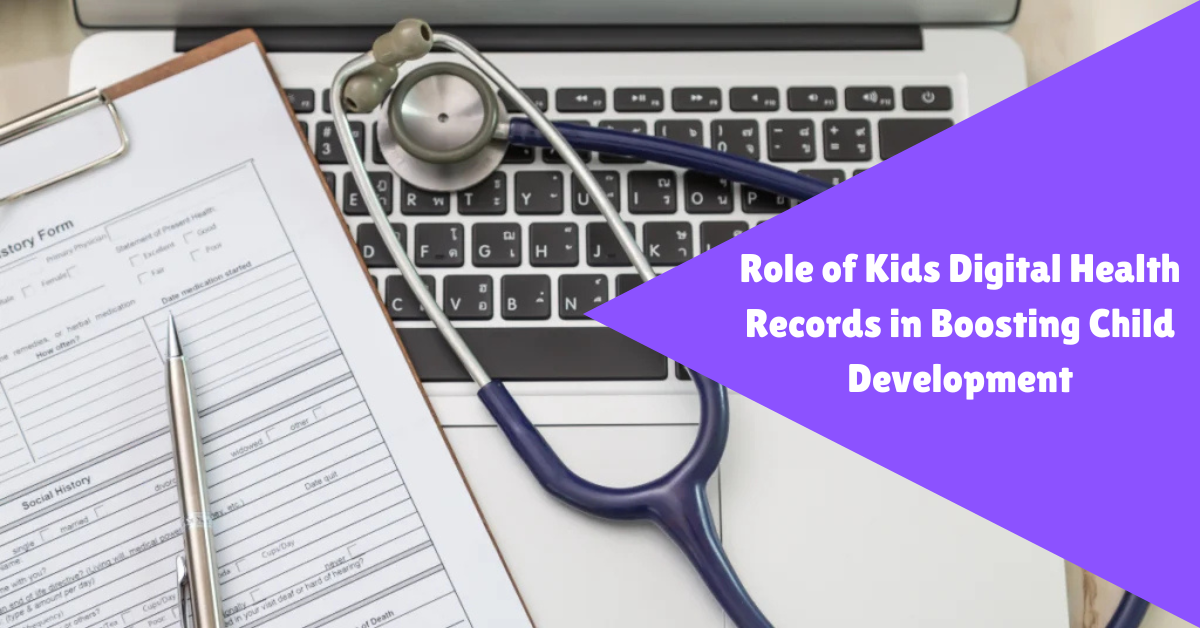In today’s digital age, healthcare technology transforms how we manage pediatric care. Kids digital health records play a crucial role in tracking growth, vaccinations, and developmental milestones, ensuring that children receive timely medical attention. With the increasing adoption of digital health solutions, parents and pediatricians can collaborate more effectively to enhance a child’s overall well-being. Read this article on the role of kids digital health records in boosting child development to know how they improve the growth of children during their development stage.
What Are Kids Digital Health Records?

A digital health record (DHR) is an electronic system that stores a child’s medical history, including:
- Vaccination records
- Growth charts and developmental milestones
- Allergies and chronic conditions
- Past and upcoming medical appointments
- Prescriptions and treatment history
- Parental health insights and genetic predispositions
Unlike traditional paper-based records, digital health records offer a centralized, easily accessible, and secure way to monitor a child’s health from infancy to adolescence.
How do Digital Health Records Enhance Child Development?

1. Early Detection of Developmental Delays
Digital records help pediatricians systematically track a child’s growth and development. By comparing growth patterns and milestone achievements, healthcare providers can identify potential developmental delays and recommend early interventions.
2. Improved Vaccination Tracking
Missed vaccinations can put children at risk of preventable diseases. Digital health records ensure that immunization schedules are followed, sending automated reminders to parents and reducing the chances of missed or delayed vaccines.
3. Better Coordination Between Pediatricians and Specialists
If a child requires consultations with multiple healthcare providers (e.g., a speech therapist or allergist), digital health records streamline communication between professionals. This ensures continuity of care and avoids redundant tests or treatments.
4. Parental Empowerment and Involvement
Parents gain better insights into their children’s health through mobile health apps and online portals. They can track symptoms, manage prescriptions, and seek guidance from healthcare providers in real time.
5. Personalized Health and Nutrition Plans
Digital health records enable healthcare professionals to analyze a child’s medical history and recommend personalized diet, exercise, and lifestyle plans, promoting healthier growth and cognitive development.
6. Reduced Medical Errors and Safer Treatments
By eliminating manual record-keeping, errors in medication dosages and treatment plans can be minimized. Digital records alert doctors about allergies or past reactions, ensuring safer and more effective care.
7. Emergency Readiness
In case of emergencies, having instant access to a child’s medical history can be life-saving. Digital health records provide critical information on allergies, medications, and chronic conditions, helping emergency responders act swiftly.
Challenges and Solutions in Digital Pediatric Healthcare
1. Data Privacy and Security Concerns
Parents often worry about the security of their child’s medical data. Ensuring compliance with HIPAA and GDPR standards, along with encrypted cloud storage, helps protect sensitive health information.
2. Accessibility Issues
Not all healthcare providers have adopted digital health systems. Encouraging interoperability and training medical staff on digital platforms can enhance accessibility.
3. Technological Literacy Among Parents
Some parents may struggle with using digital platforms. Providing user-friendly mobile apps and customer support can bridge this gap.
The Future of Kids Digital Health Records
With advancements in AI-driven predictive analytics, wearable health devices, and telemedicine, the future of pediatric healthcare is becoming more proactive and data-driven. AI can help predict potential health risks, while wearables can continuously monitor vitals, feeding data into a child’s digital health record.
Conclusion
Kids digital health records are revolutionizing pediatric care, ensuring better health monitoring, early diagnosis, and personalized treatments. By integrating digital health solutions, we can create a smarter, more connected healthcare ecosystem that supports a child’s holistic growth and development.
Now that you know why kids digital health records are always beneficial in case of child development. With the help of KidsCur, you can support your children during their growth stage for overall development!
FAQs
What is the role of kids digital health records in child development?
The role of kids digital health records is to track growth, manage vaccination schedules, and provide personalized care, ensuring healthy child development.
How do kids digital health records help parents?
They give parents easy access to their child’s medical history, reminders for vaccinations, and insights into growth milestones for better health decisions.
Why are kids digital health records important for pediatric care?
The role of kids digital health records in pediatric care is to improve accuracy, reduce errors, and support doctors in offering timely and tailored treatments.

